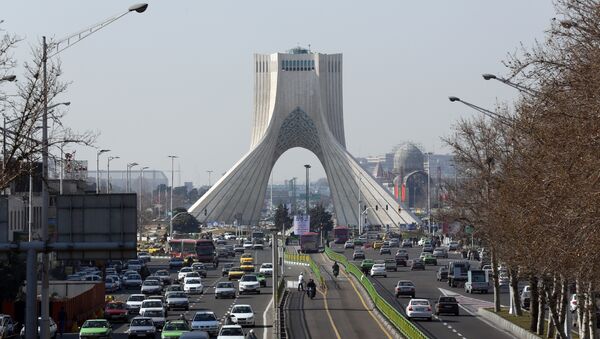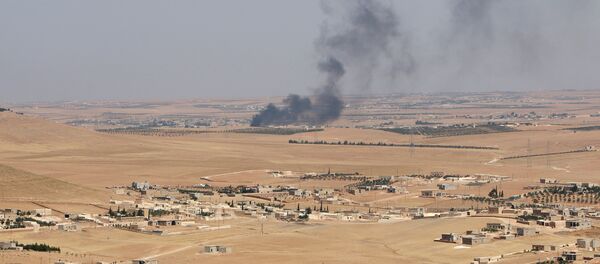"For years, Iran has demonstrated its readiness for a political dialogue with its neighbors in the Persian Gulf, but Saudi Arabia, which has never missed an opportunity to spark regional crises, has always been a stumbling block and an obstacle to this process," he said.
For its part, Iran, in Na'imi's opinion, has opted for a different approach. The Islamic Republic has not fueled regional conflicts and does not adhere to military means of resolving conflicts, particularly when it comes to wars in Syria and Yemen.
In Syria, Iran has provided assistance to Damascus, while Saudi Arabia has funded, armed and equipped radical groups trying to overthrow President Bashar al-Assad.
"Small Arab states of the Persian Gulf should not have been involved in multifaceted regional crises. I will highlight that even Qatar has been embroiled in a regional conflict in Syria. But taking the complexity of the situation into account, we understand that these countries are extremely concerned with the implications of both crises," he said.
Earlier this week, reports emerged that Tamim bin Hamad al-Thani, the emir of Qatar, discussed bilateral relations and regional issues with Iranian President Hassan Rouhani in a telephone conversation.
Qatar is a member of the Gulf Cooperation Council that also includes Bahrain, Kuwait, Oman, Saudi Arabia, and the United Arab Emirates. Of these states, Iran particularly hopes to improve relations with Oman.
"This country has always conducted a very reserved and logical policy that is far from sparking conflicts. Thanks to this policy Oman, we think, has achieved success. All nations respect Oman and turn to the country as a wise mediator to resolve conflicts," he said.
Oman, he added, does not meddle in other countries' internal affairs and has not participated in any of regional crises.
Na'imi further said that Kuwait has not been as neutral as Oman. The country "has provided information support to Saudi Arabia, but has largely refrained from taking part in regional crises," he said.





